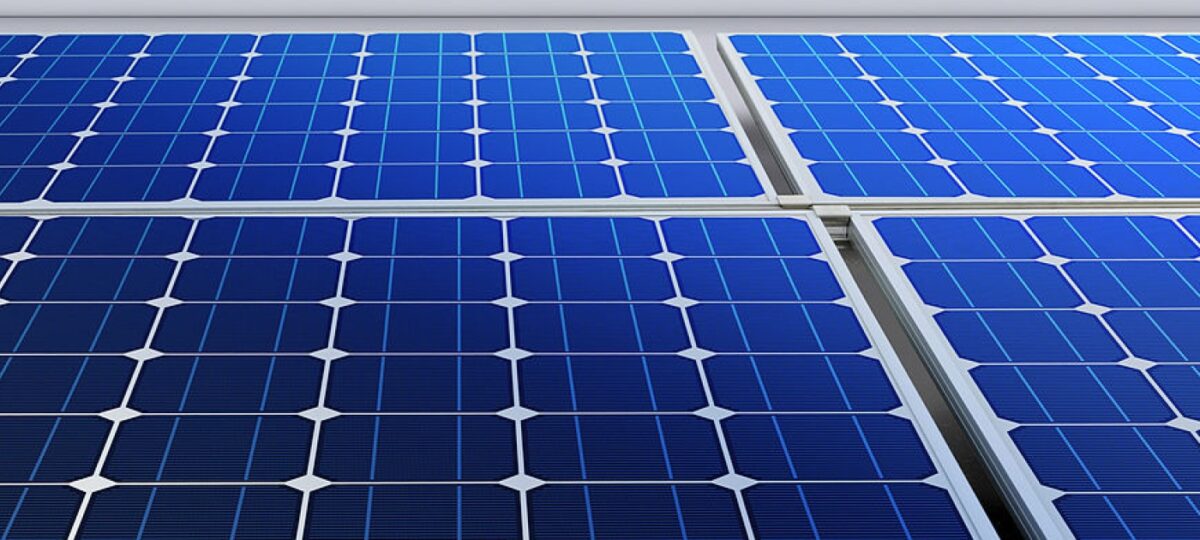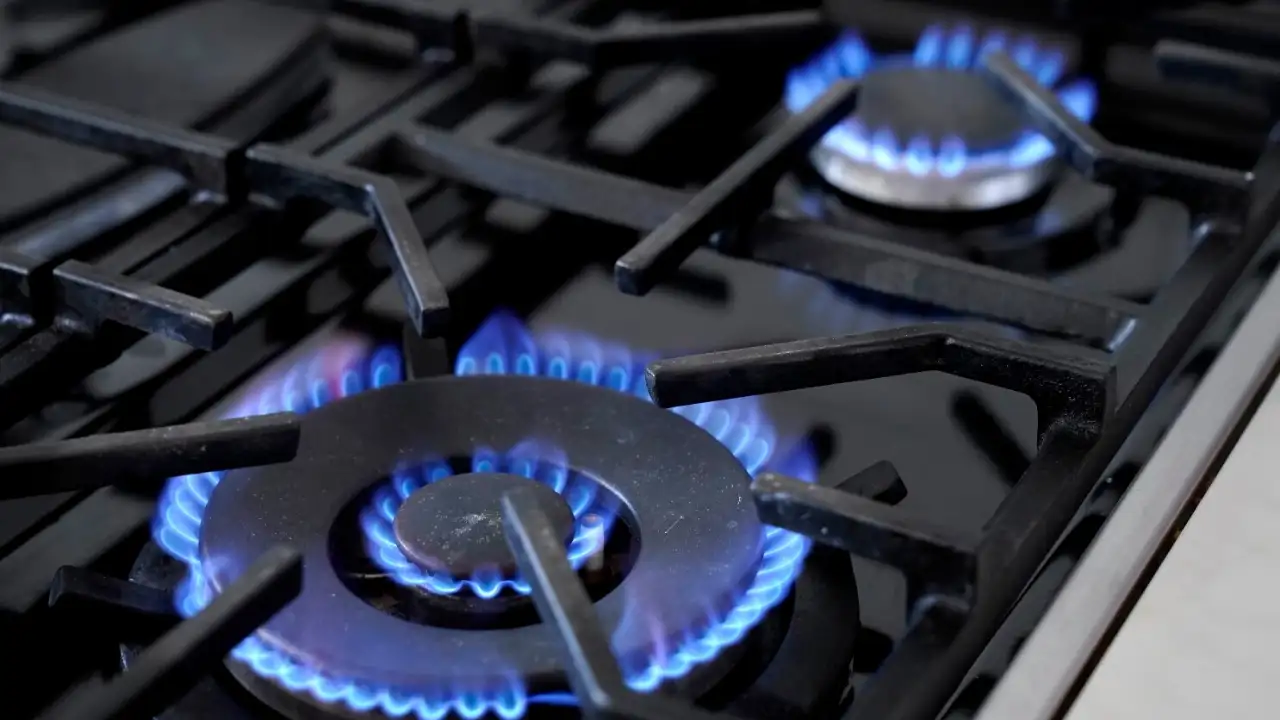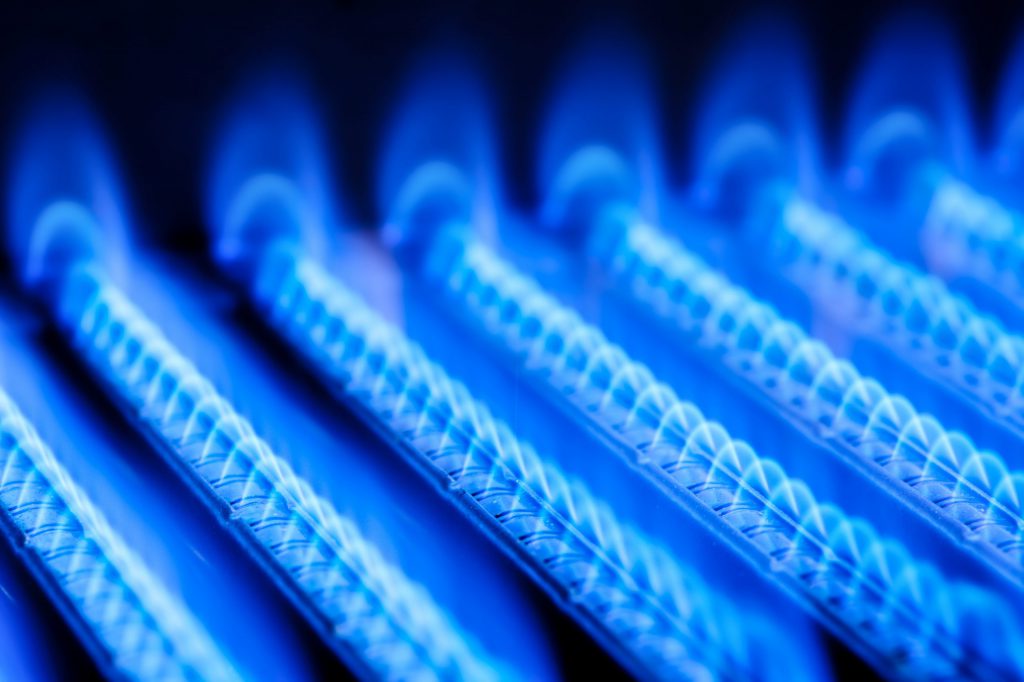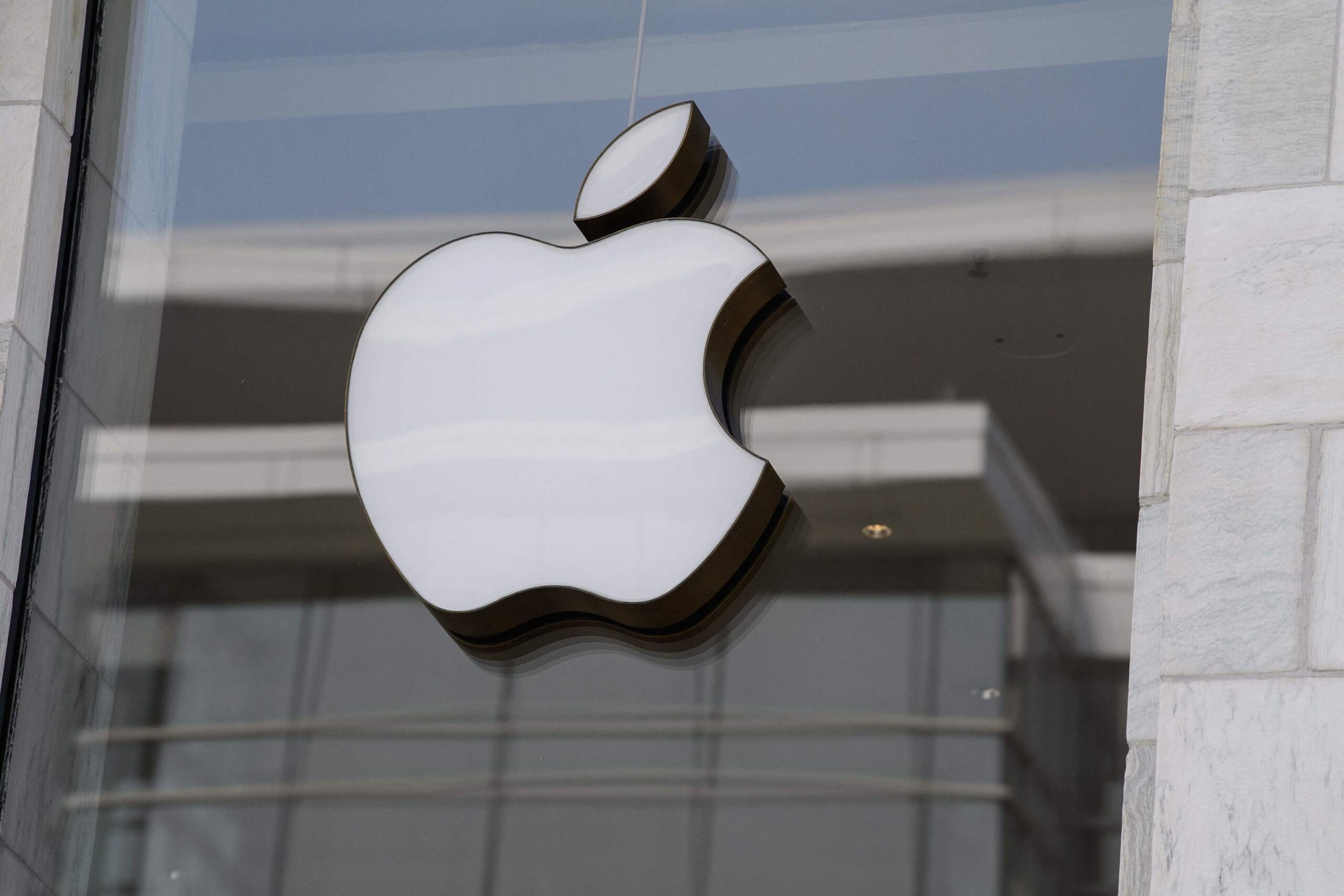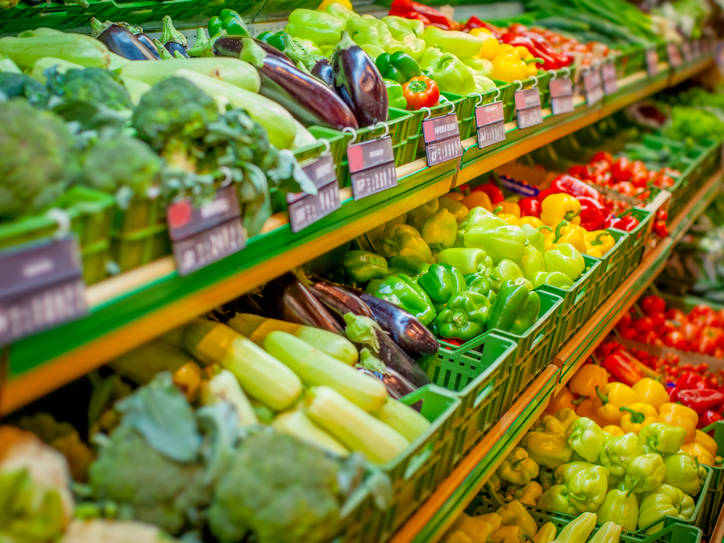Canada’s inflation rate climbed to 1.9% in January, driven by rising energy prices, while the federal government’s temporary tax break helped ease costs in other areas, according to Statistics Canada on Tuesday.
January marked the first full month of the GST holiday, which reduced prices on goods typically subject to the tax, including restaurant meals, alcoholic beverages purchased in stores, as well as toys, games, and select hobby items.
At the same time, energy costs surged 5.3% year-over-year, marking a significant jump from the previous month.
Gasoline prices saw an 8.6% annual increase, with the steepest rise in Manitoba, where the province reinstated its fuel tax at a lower rate. Excluding gas, the overall inflation rate stood at 1.7%.
Food prices showed a slight decline compared to the previous year—the first annual drop since May 2017—primarily due to a record decrease in restaurant food prices.
Andrew DiCapua, principal economist at the Canadian Chamber of Commerce, noted in a client briefing that while the GST holiday reduced costs for food, alcohol, and clothing, “the relief was outweighed by rising energy prices, keeping overall inflation elevated.”
“Core inflation still reflects persistent underlying pressures, and volatile factors like energy will continue to drive fluctuations in the coming months,” DiCapua wrote.
“Even so, firmer inflation alongside retailer discounts and a strengthening economy in the fourth quarter may give the Bank of Canada confidence to maintain interest rates at its March meeting.”

